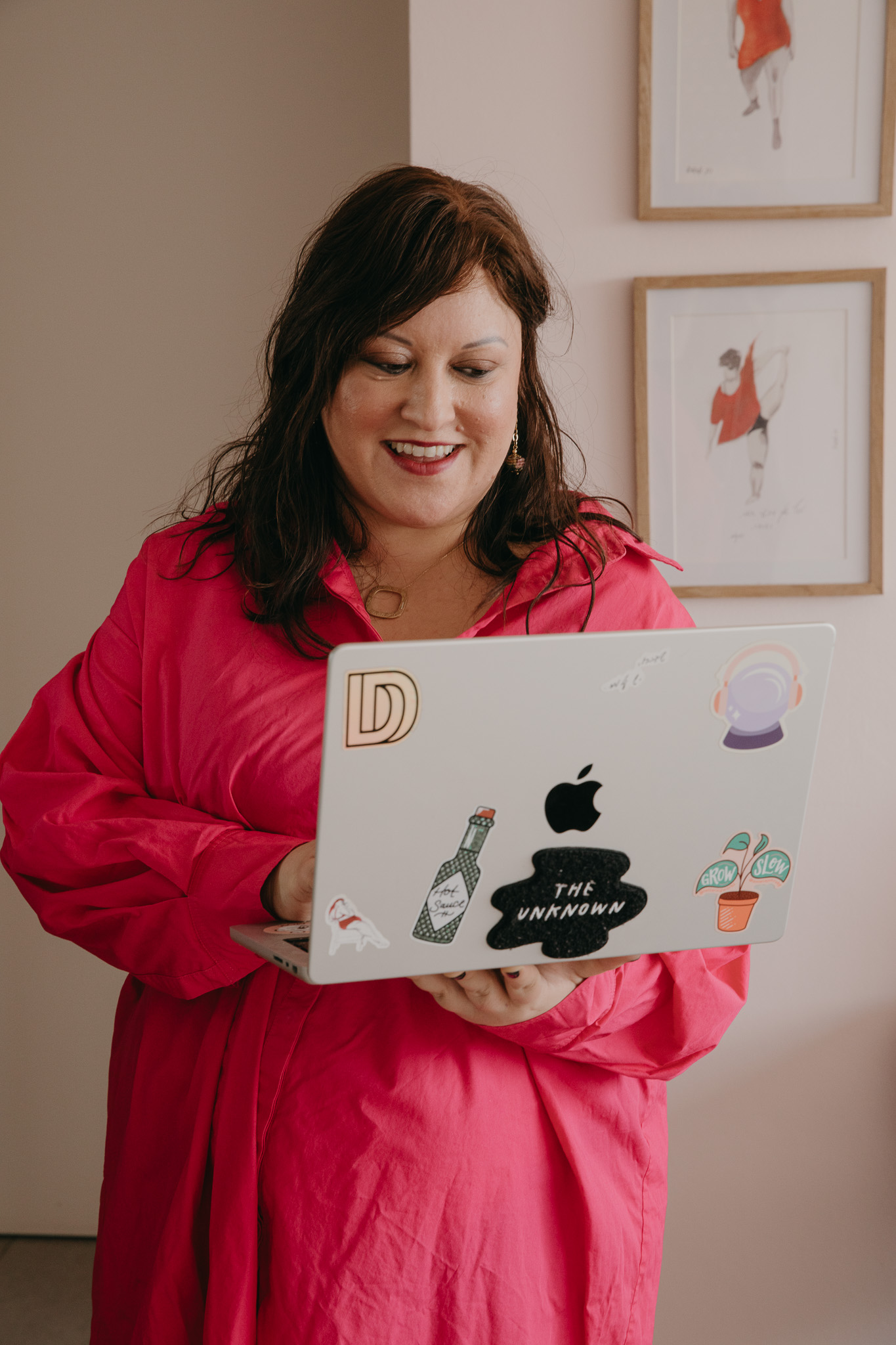We’re excited to introduce you to the always interesting and insightful Chedva Ludmir. We hope you’ll enjoy our conversation with Chedva below.
Chedva, thanks for joining us, excited to have you contributing your stories and insights. Alright, so you had your idea and then what happened? Can you walk us through the story of how you went from just an idea to executing on the idea
My previous startup, Emerj, started from working with many small women-owned brands and recognizing a pattern: women leaving corporates at certain stages in life. After an especially deep conversation with a client, I started having intentional conversations with women from all industries about workplace culture and how human-oriented (or not) their organizations were. Eventually, I published a 30-question survey for women in the workplace.
Within a week, the survey went viral in over 56 countries. That was the scary part — suddenly, it wasn’t just an idea or a thought (or even 30 questions). It was real. Something was begging to happen here.
But while I was an experienced business owner and service entrepreneur, I’d never started a product business — let alone a tech startup. So I did what I always do when something feels big and unknown: research. A ton of research. Then I posted on social, inviting people from all tech backgrounds to a brainstorming meeting. That was the beginning.
From there, I formed a team and joined an accelerator — all of which came more naturally and easily thanks to the emotional investment people had after seeing the survey go viral. While in the accelerator, I had access to amazing mentors, and I made sure to use that time and network to connect with people who could challenge my thinking and stretch my assumptions.
We ended up building Emerj as an enterprise SaaS platform democratizing peer-to-peer mentoring within organizations, promoting learning, diversity, and human connection. Even though we started when “future of work” and HR tech weren’t really a thing, we landed a Fortune 500 company as our first client — with no prior funding.
That experience taught me a lot about going from idea to execution — lessons I now apply with entrepreneurs and teams I guide through my current business, Consider.

Awesome – so before we get into the rest of our questions, can you briefly introduce yourself to our readers.
I’m Vivi (a childhood nickname I used to hate but now embrace)— founder of Consider, where I help founders, leaders, and teams navigate the messy middle of transformation by asking braver questions — in the right way.
How I got here isn’t exactly conventional — but neither am I, I guess. I’ve been an entrepreneur my entire adult life, across industries and business models, but there’s always been one throughline: questions.
Growing up as a curious girl in ultra-Orthodox communities in New York and Israel, I learned early that asking questions wasn’t always encouraged — but I couldn’t help myself. And I doubled down. That questioning instinct stayed with me through building businesses, leading teams, and eventually founding my tech startup, Emerj. That company started with a 30-question survey for women in the workplace — and its interface was designed to prompt peer-to-peer learning by asking one meaningful question at a time. I realized then how powerful questions can be — and how intimidating they often are for people, especially in environments that don’t feel safe.
Through that process — and later, the hard decision to close Emerj during COVID, build a global agency overnight, and guide founders and Fortune 500 teams on strategy, marketing, and positioning — I saw how often introspection gets lost in the speed and noise of building something real. And the cost of growth — even resilience — when questioning isn’t at the foundation.
Consider was born after one powerful, unexpected question from my mentor, investor Fiona Darmon — one that made me pause for the first time in my adult life. That space gave me the clarity to create the Consider methodology: a blend of strategic thinking, curiosity, and intentional reflection. I use it to help leaders build with more alignment, more humanity, and more impact — whether applied to their core mission and vision, aligning their teams, shaping marketing and positioning strategies, or evolving their own leadership mindset.
What sets me apart? I don’t believe transformation comes from having all the answers — it comes from the courage to ask better questions, even when they’re uncomfortable.
I’m most proud of consistently building businesses rooted in values and purpose — even when it meant walking away from easy wins — and of translating the tools I discovered as a tech founder into accessible, human-centered practices for founders and teams across industries.

Alright – let’s talk about marketing or sales – do you have any fun stories about a risk you’ve taken or something else exciting on the sales and marketing side?
One of my favorite sales stories — and honestly one of my wildest — is how I first landed Meta (then still called Facebook) as a client for my startup, Emerj.
At the time, we had pivoted Emerj from a B2C women’s-only app into an enterprise SaaS platform designed to foster peer-to-peer mentoring within organizations. But getting companies to take a chance on us? That was proving nearly impossible. “Future of Work” and HR tech weren’t hot topics yet, and while HR and L&D leaders loved what we were building, they struggled to sell it internally. No one wanted to be the first to take the leap.
The odds felt stacked against us. We had no funding. The biggest employer in our region had committed to a pilot — then pulled out last minute after an internal reorg. Every meeting was positive, but the answer was always some version of, We love it — but you need someone else to go first.
Then, one of those tiny-but-mighty moments happened. An angel investor — emphasis on angel — offered $5,000. That amount isn’t typical in the startup world, but she told me, I believe in you. Use this to get to Silicon Valley, meet the right people, and come back with an achievement. So I did.
While on a delegation tour in the Valley, we visited Meta. I almost skipped that visit to take a call with another global corporate — thankfully, someone convinced me to show up. That day, a connection I’d met months earlier introduced me to a senior leader at Meta. Over coffee on University Avenue in Palo Alto — one of the few places I could stomach the coffee (no offense, America) — we got talking about their recent employee survey, where mentoring came up as a clear need.
We talked about the platform, the vision, and what was possible — but I never even had to show him the product. He said, Let’s pilot this with 100 people. I agreed on the spot, even though Emerj wasn’t really built for such a small cohort. We’d figure it out.
Of course, there were still months of navigating enterprise-level contracts, security reviews, and GDPR compliance — all with no funding and a whole lot of scrappy problem-solving. But that coffee conversation turned into our first client — and our first Fortune 500 client — which gave other scale-ups and corporates permission to take a chance on us too.
That experience taught me that sales isn’t always about the perfect pitch or product demo — sometimes it’s about showing up, following the thread, and saying yes before you feel “ready.”
Funny enough, years later, I saw the same lesson play out in a totally different way when I launched Consider — my current business, built around strategic questioning, curiosity, and transformation. It felt softer, more human, even a little witchy compared to my tech founder past — and I was nervous to share it publicly. I held off for months.
But when I finally posted vulnerably on LinkedIn, not to sell anything, just to share the journey and why I started Consider — someone from my Emerj days reached out. They said, I’ve been following your work, and I want to explore how Consider could help my company.
That became my first client under Consider — not through a polished marketing funnel, but through honesty, consistency, and creating space for curiosity.
So whether it’s a Fortune 500 client over coffee in Palo Alto, or a quiet LinkedIn post after months of self-doubt, I’ve learned: the real magic happens when you lead with questions, stay open to unexpected pathways, and stop assuming it always comes from the obvious place.
And when that meets a human on the other side — whether they’re a small brand owner or a tech exec — who’s also willing to question the obvious vendor journey and take a leap of faith on something, or someone, that speaks to them? That’s when everything shifts.
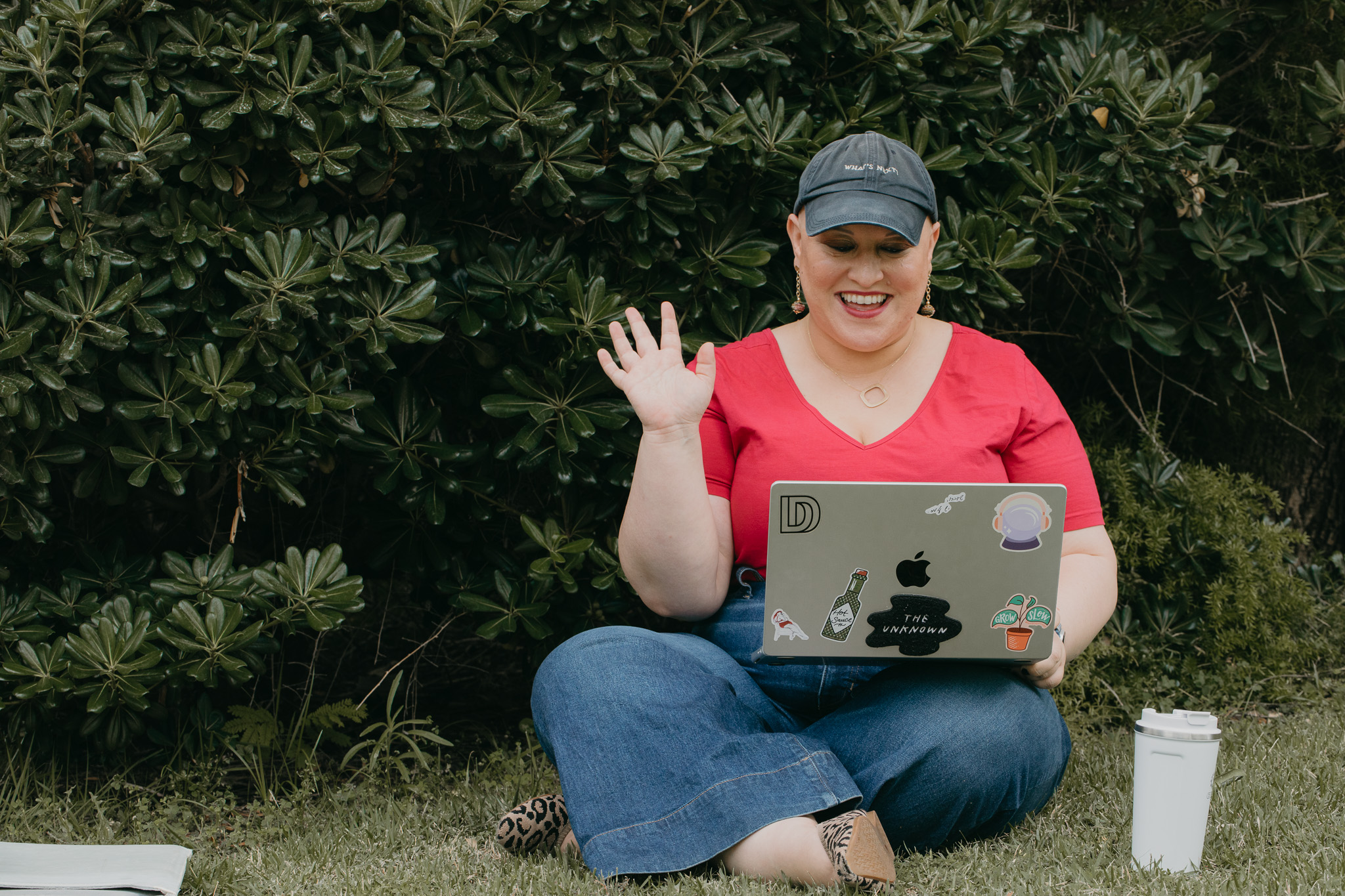
What do you think helped you build your reputation within your market?
Honestly — sharing the full, unfiltered version of my journey, long before “building in public” was a buzzword.
My audience and community have come from many different chapters: I started my career in publishing as a translator, editor, and manuscript scout. I ran blogs on everything from fitness to sewing to home decor — one of which grew into a global marketing agency supporting both small brands and companies like IKEA and Etsy, before influencer marketing was even called that.
Later, when I built my tech startup, Emerj, a viral workplace survey and our mission to bring peer-to-peer mentoring to organizations connected me to people around the world. Over the years, I’ve shared openly — about building businesses, navigating chronic illness, leaving the ultra-Orthodox community, divorce, parenting, and all the messy, beautiful contradictions of being a founder who doesn’t always fit the mold.
That vulnerability hasn’t always been easy. In the startup world, especially in tech, there’s often a narrow definition of “authenticity” — one that leaves little room for complexity or softness. But being honest — even when it made me feel exposed — has been the biggest trust-builder over time.
Many of the people who support Consider today — whether they’re clients, community members, or curious followers — have known me for 10 or 15 years, across industries and continents. I believe people work with me not just because of my services, but because they’ve watched me consistently show up, rethink, rebuild, and stay values-driven — even when that meant walking away from easier paths.
I also believe in giving generously — offering time, tools, or space for reflection, especially during hard times. Whether it’s pro-bono Portal Pages meetups during the war, or free Zoom sessions to help people navigate career uncertainty, showing up with care creates real connection — and real trust — that lasts beyond any one offer or product.
At the end of the day, I think building a reputation is about creating space for the right people to find you — and making peace with the fact that those who aren’t aligned will naturally stay away. That’s not a failure — that’s how you build something real.
Contact Info:
- Website: https://www.consider.club/
- Instagram: https://www.instagram.com/chedvakl/
- Linkedin: https://www.linkedin.com/in/chedva/
- Other: Threads: https://www.linkedin.com/in/chedva/
Spotify (my podcast): https://open.spotify.com/show/2feU93v7dUTpjodgy8rYeX?si=f47c5c6ac4524dc7
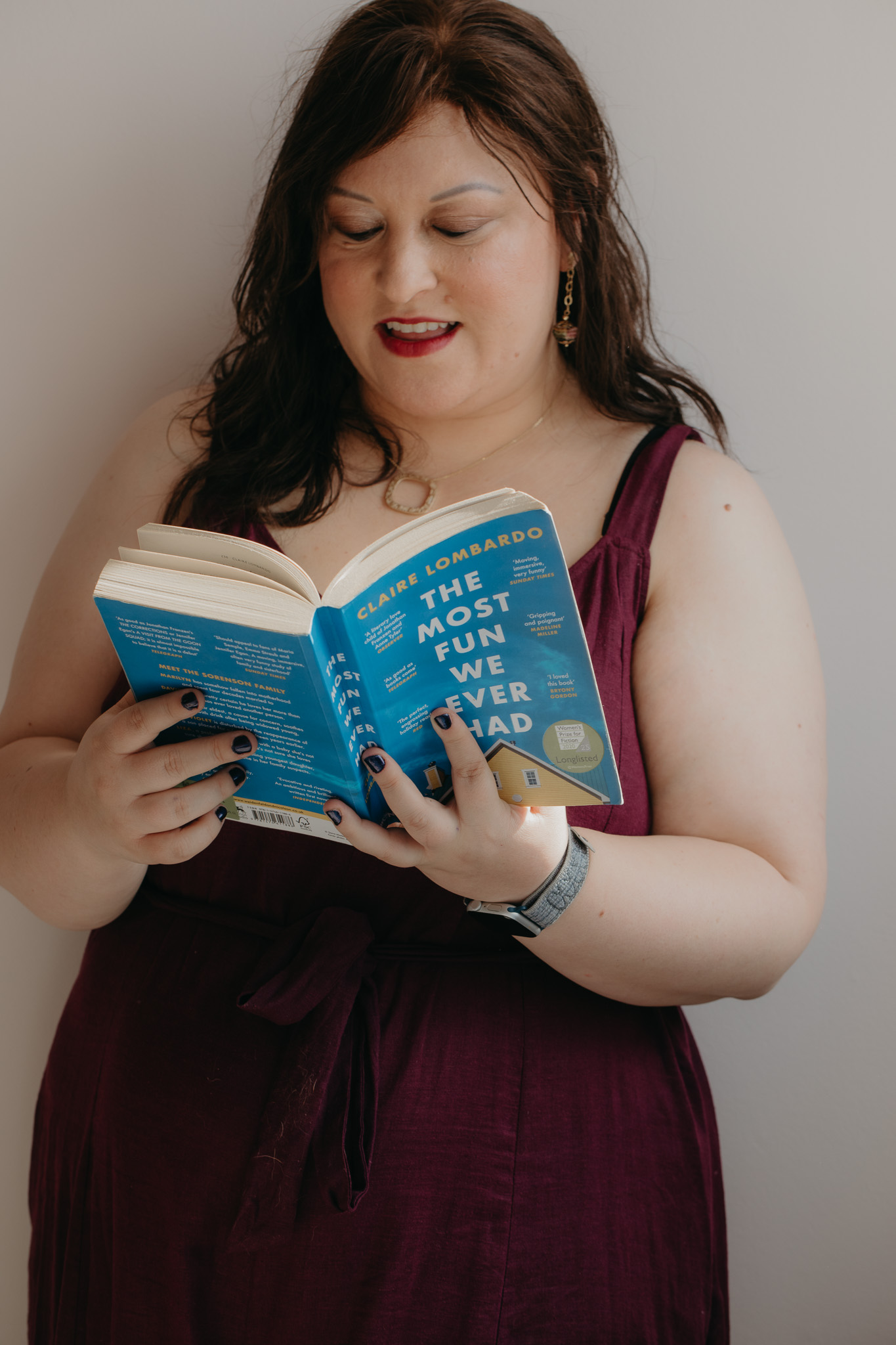
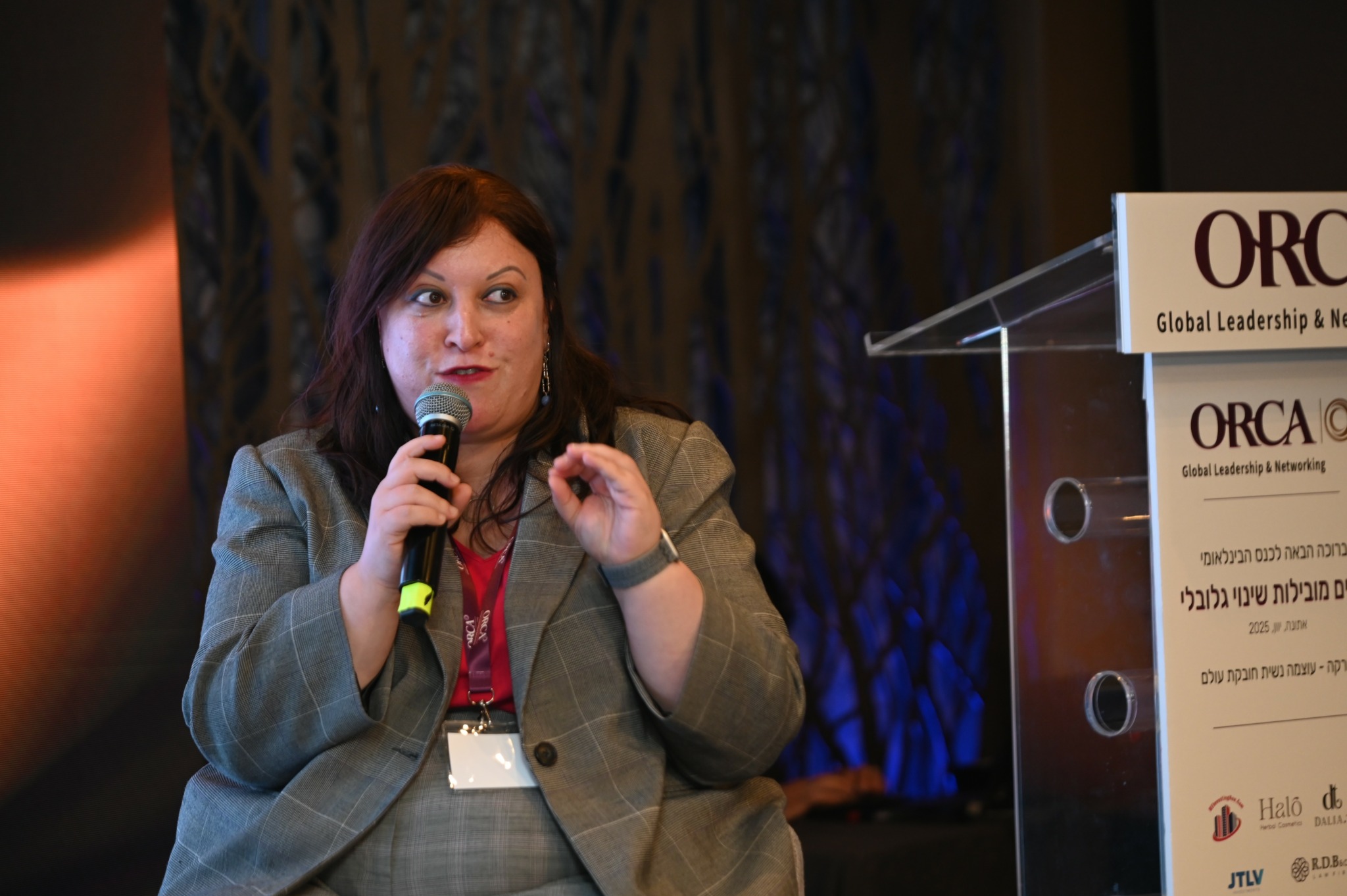
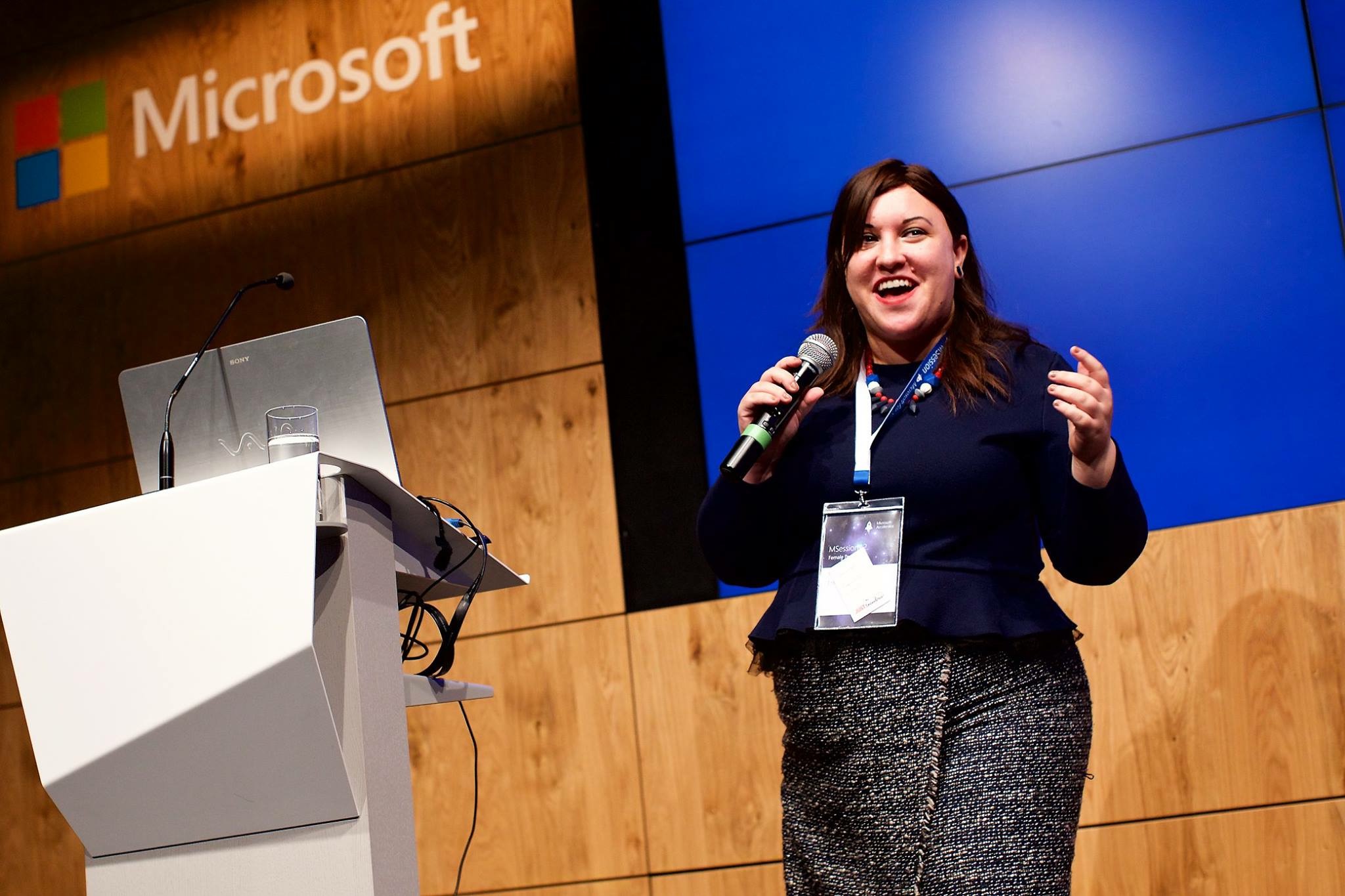
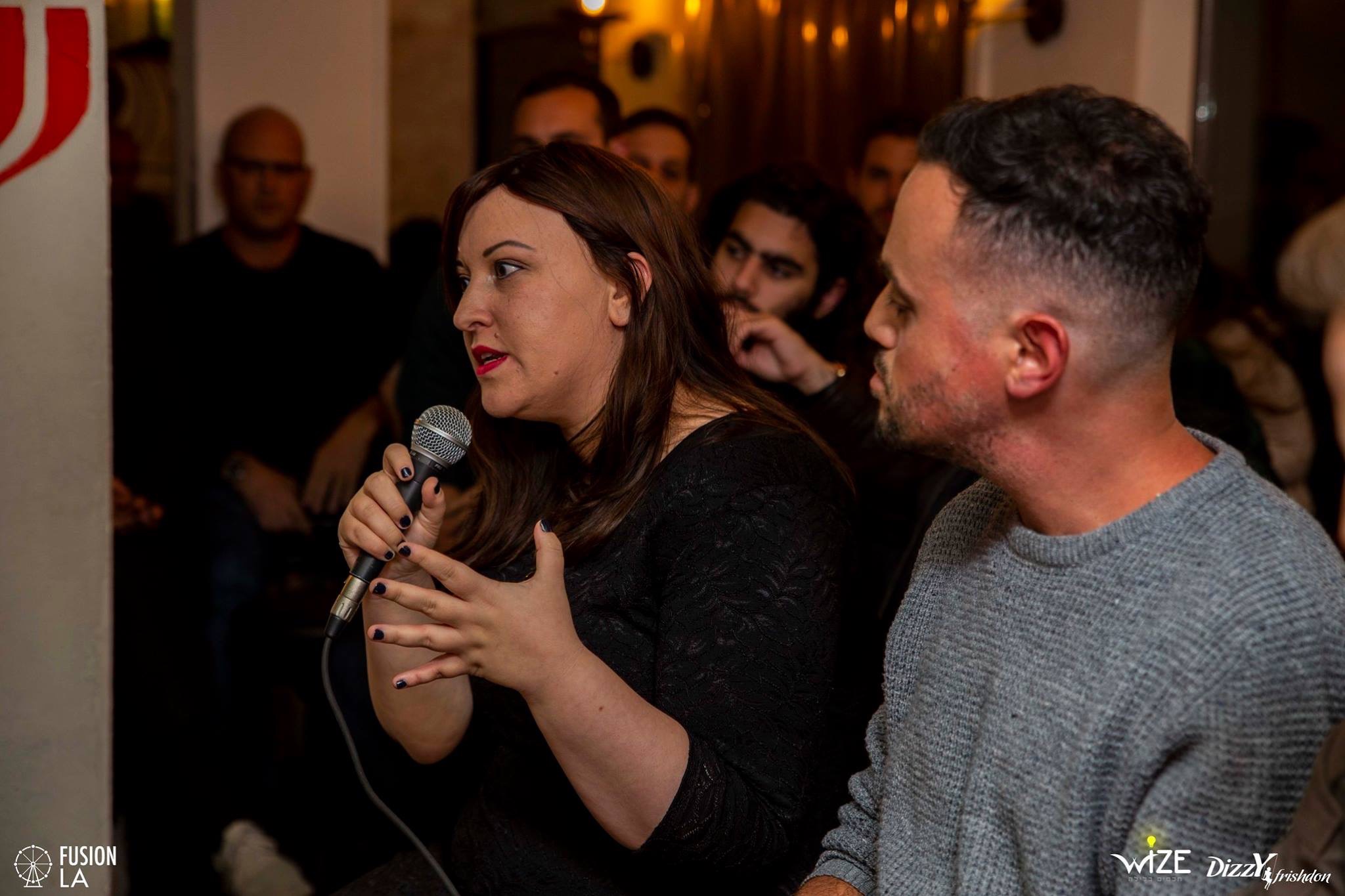
Image Credits
Tamar Green


